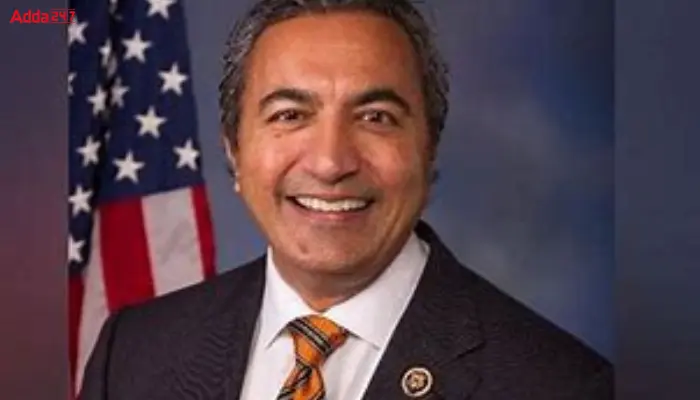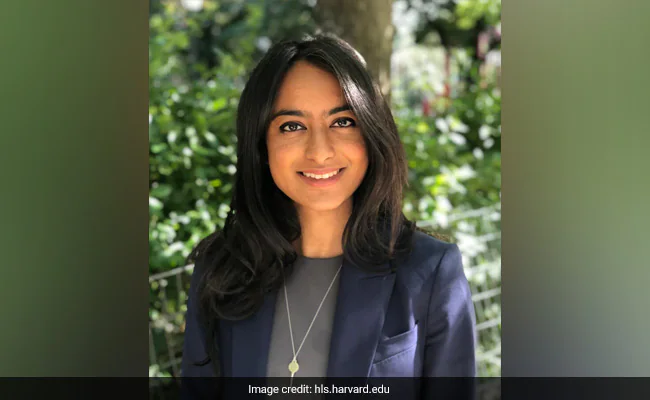
Indian-American student named ‘Brightest’ in world by Johns Hopkins
Reading Time: 2 minutes
Natasha Perianayagam, a 13-year-old Indian-American schoolgirl has been named to the ‘World’s Brightest’ students list by the Johns Hopkins Center. The list has been made on the basis of the results of above-grade-level tests of over 15,000 students across 76 countries. Perianayagam is a student at Florence M Gaudineer Middle School, in New Jersey.
Natasha Perianayagam
She also took the Johns Hopkins Center For Talented Youth (CTY) test in Spring 2021, when she was a Grade 5 student. Her results in the verbal and quantitative sections levelled with the 90th percentile of advanced Grade 8 performance, which catapulted her into the honours list that year.
CTY Talent Search
This year, she was honoured for her exceptional performance on the SAT, ACT, School and College Ability Test, or similar assessment taken as part of the CTY Talent Search, the university said in a press release on Monday. Perianayagam, whose parents hail from Chennai, said she loves doodling and reading JRR Tolkien’s novels in her spare time.
CTY used above-grade-level testing to identify advanced students from around the world and provide a clear picture of their academic abilities. According to the university release, Perianayagam was among the 15,300 students from 76 countries who joined CTY in the 2021-22 Talent Search year.
Perianayagam scored the highest grades
Less than 27 percent of those participants qualified for the CTY ceremony, receiving either high or grand honours based on their test scores. In her latest attempt, Perianayagam scored the highest grades among all candidates. “This is not just recognition of our student’s success on one test, but a salute to their love of discovery and learning, and all the knowledge they have accumulated in their young lives so far,” said CTY’s executive director Dr. Amy Shelton.
“It is exciting to think about all the ways in which they will use that potential to discover their passions, engage in rewarding and enriching experiences, and achieve remarkable things — in their communities and in the world,” she added.




